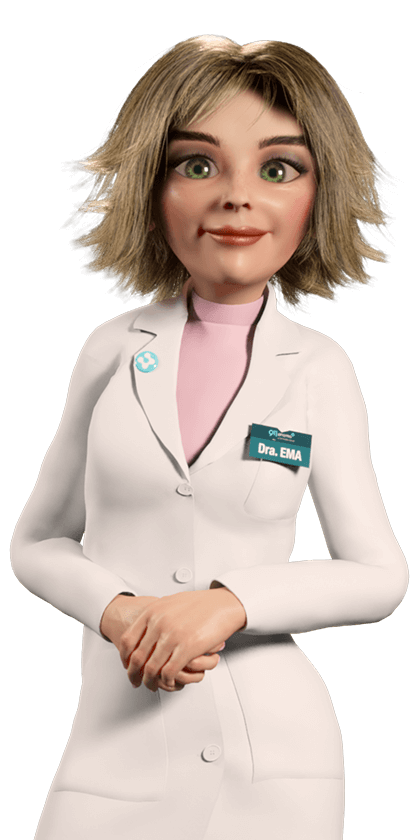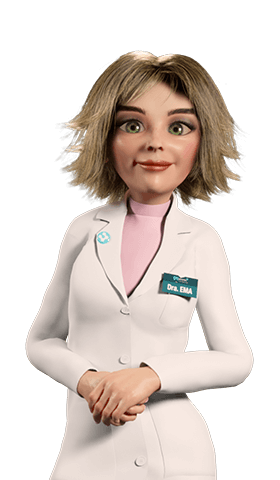Veterinary
Companion animals - With all the petting
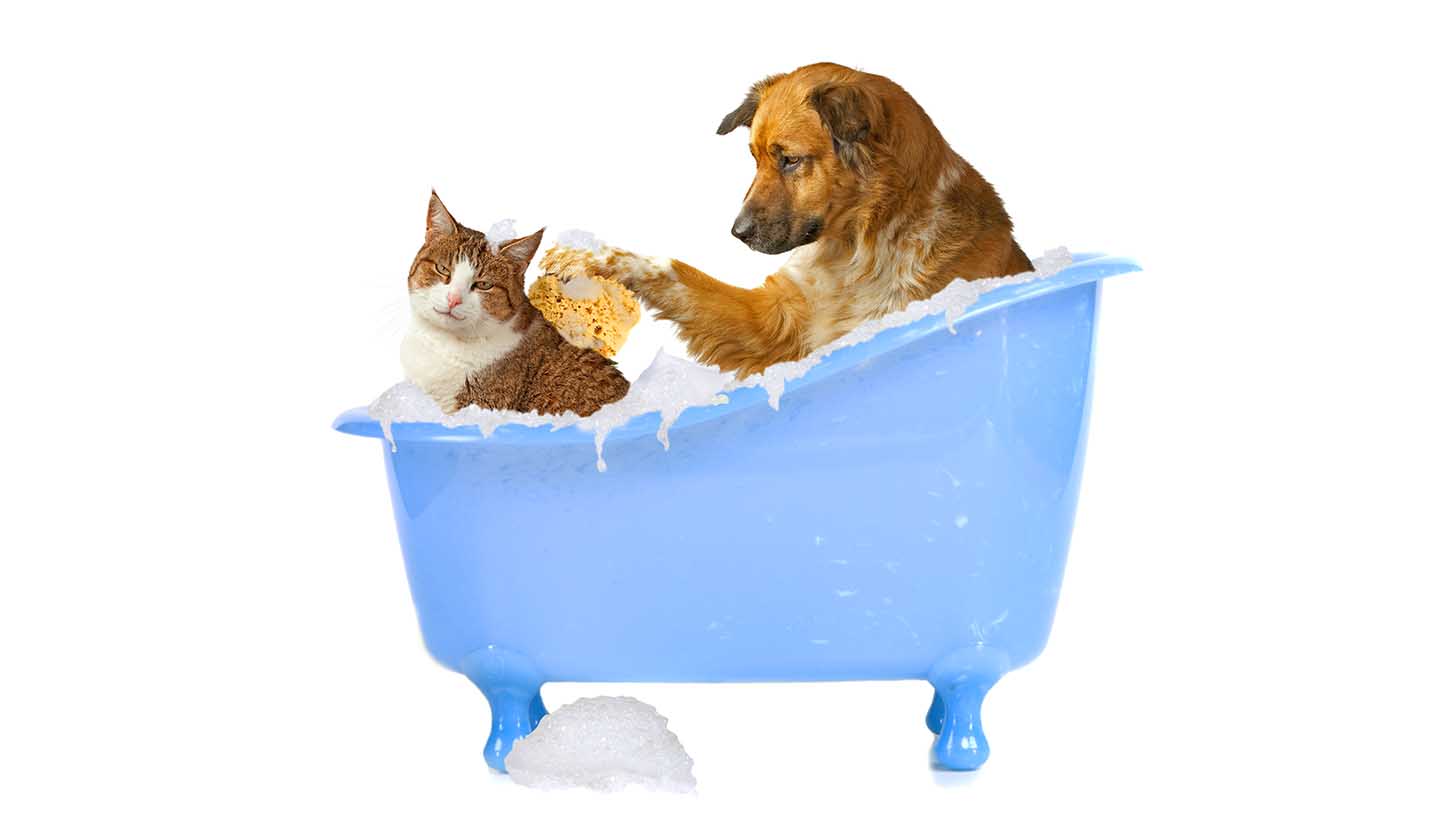
Having an animal at home as a companion is always pleasant, but there are certain responsibilities to be taken. It is important to keep it healthy. This way, we are caring for the health of the whole family.

Hygiene and health
Your pet's hygiene is essential, both when you are at home and when you go out.
Bathing and brushing are important, but there are other precautions to consider:
At home:
-
Designate an adequate space for your pet's hygiene and make sure this area is properly separated from the eating and resting areas;
-
Keep your cat's litter box clean by replacing it at least once a week and placing it on an easily washable surface.
In the street:
- Train your dog to urinate in appropriate places and collect its faeces.
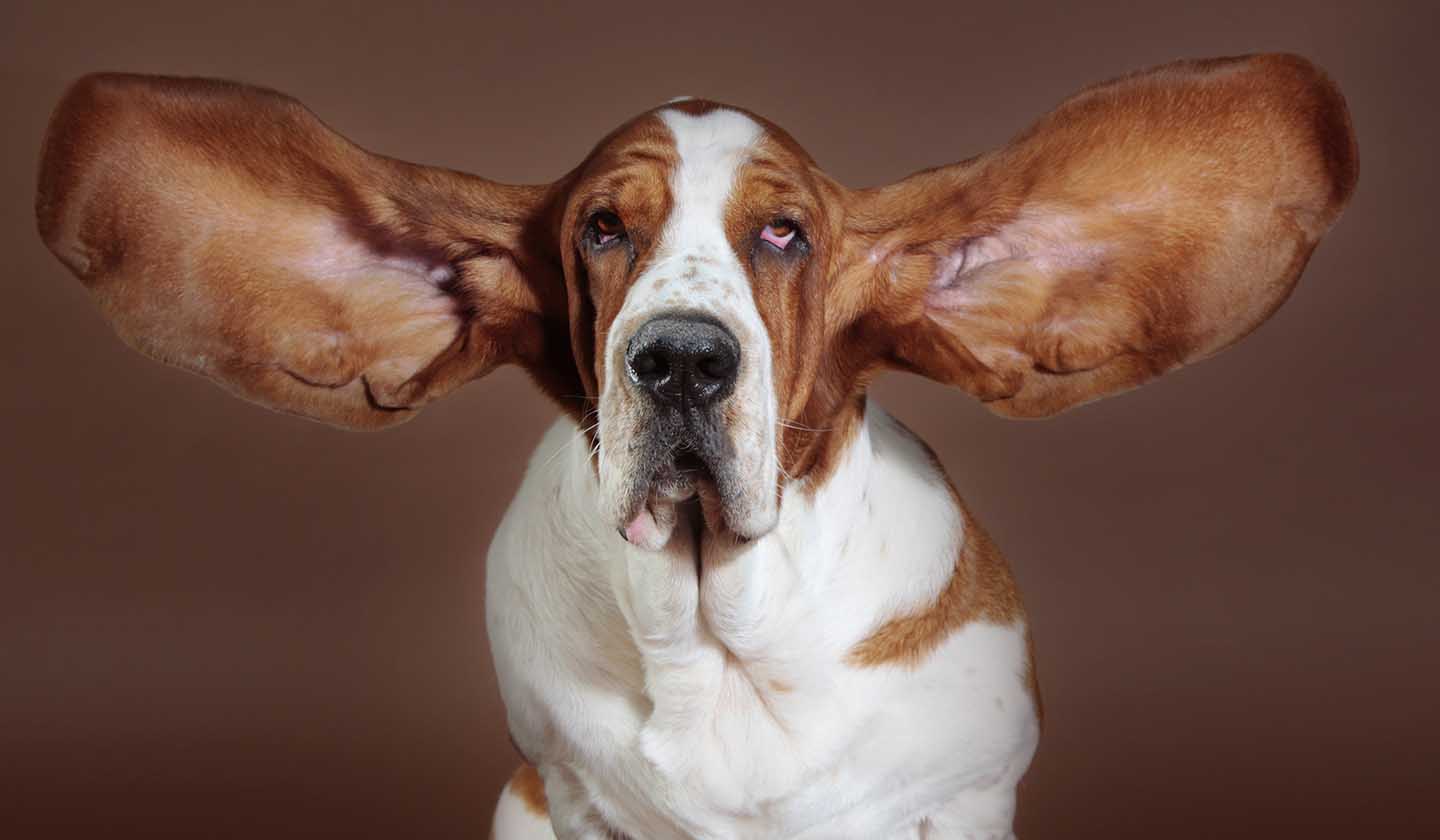
Small but important care gestures
Ears, eyes, nails, and teeth need special care. As a rule, this care is identical for dogs and cats. However, the frequency of ear cleaning depends on the anatomy of the animal's ears.
Ears
- Clean your pet's ears whenever they are dirty. In dogs, this cleaning should be done at least once a week, with an ear cleaning solution suitable for this purpose and with the aid of a dry cotton swab or sterile gauze.
- In dogs with pendulous ears (downward), this procedure should take place more often (three times a week).
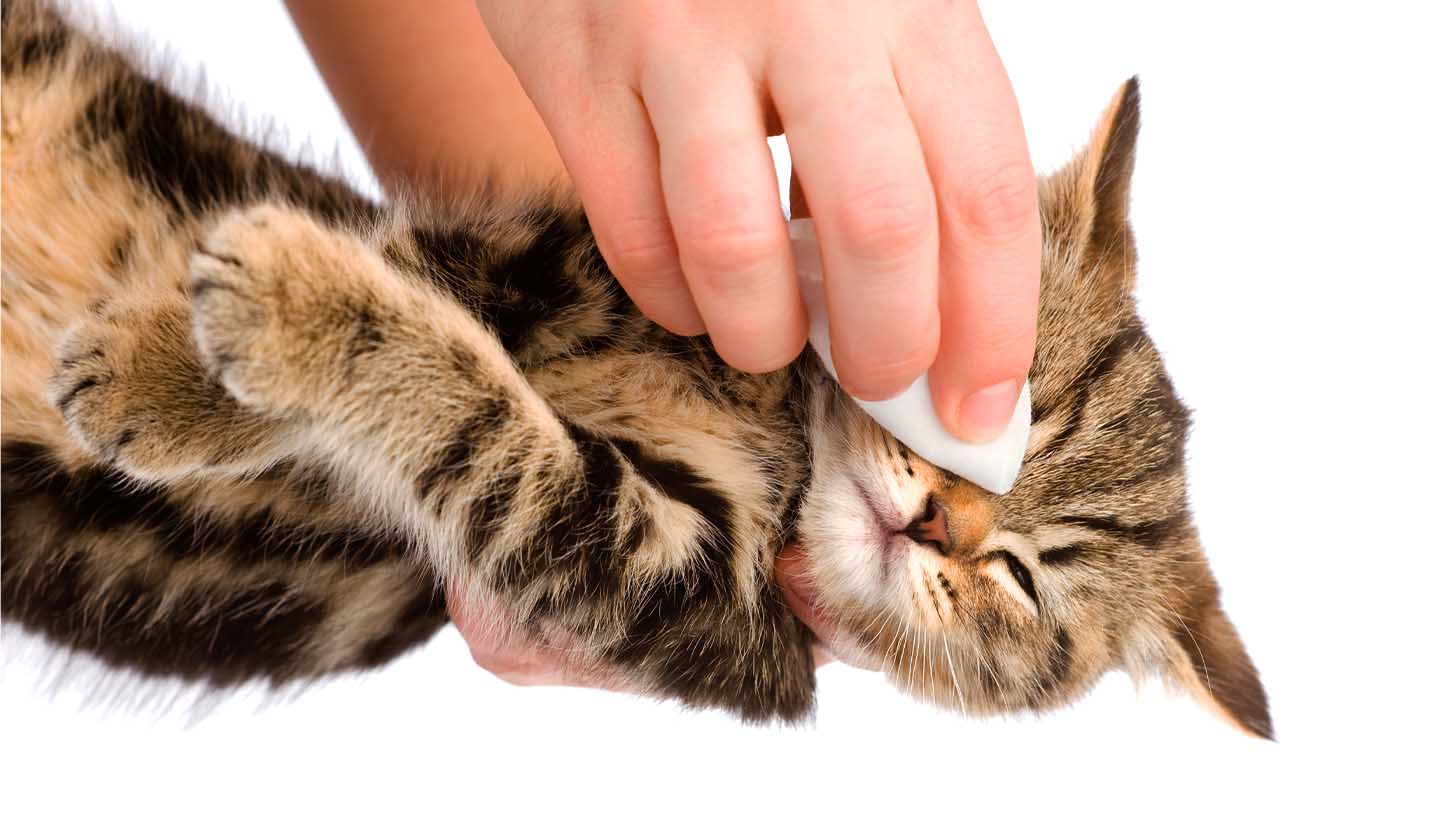
Eyes
- The eyes are a particularly sensitive area. To clean them, use a cotton ball soaked in water, cleaning the corners thoroughly.
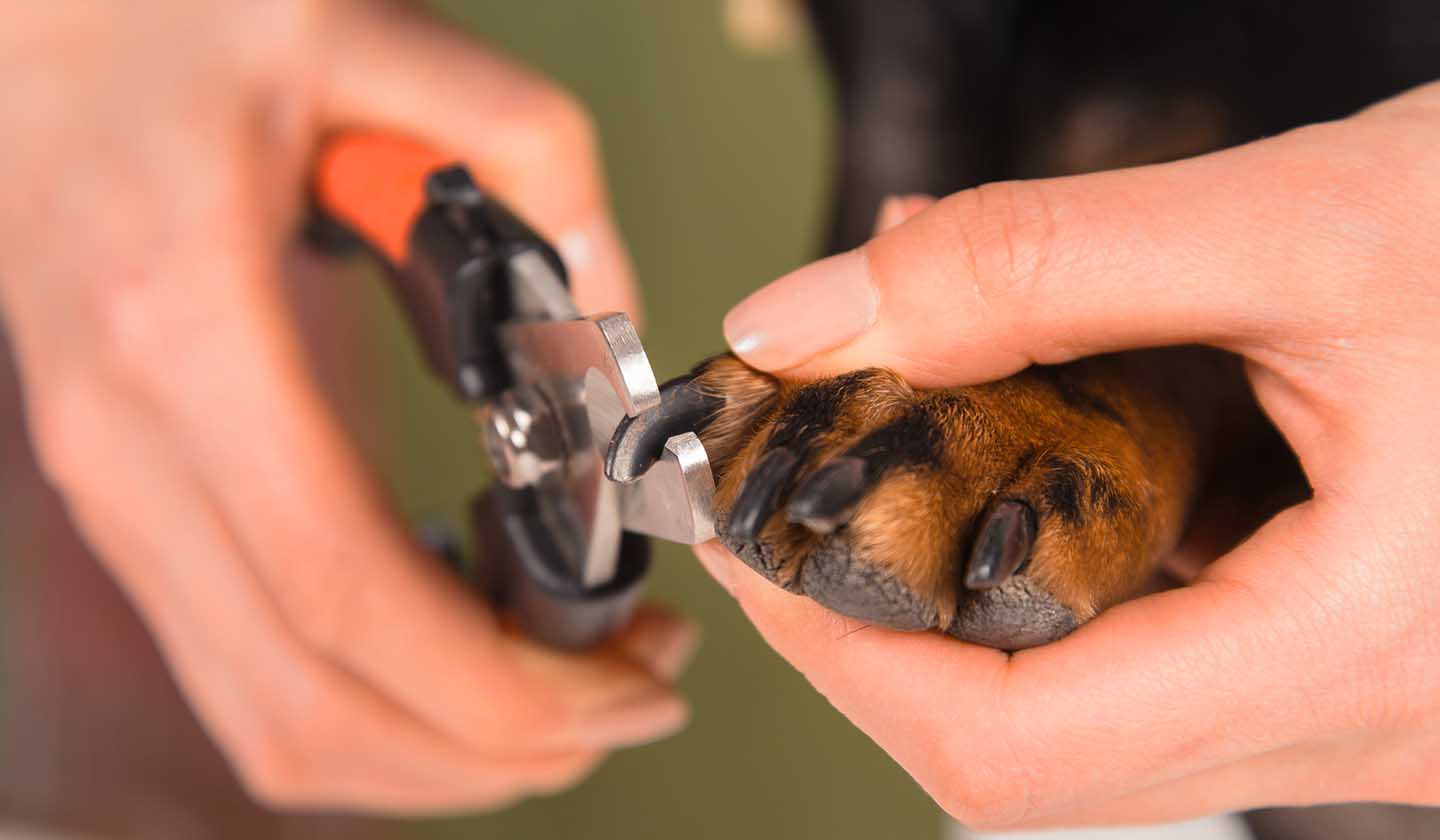
Nails
- Trim them regularly, but not too close and always with a suitable tool. Cats' nails require additional care as they retract.
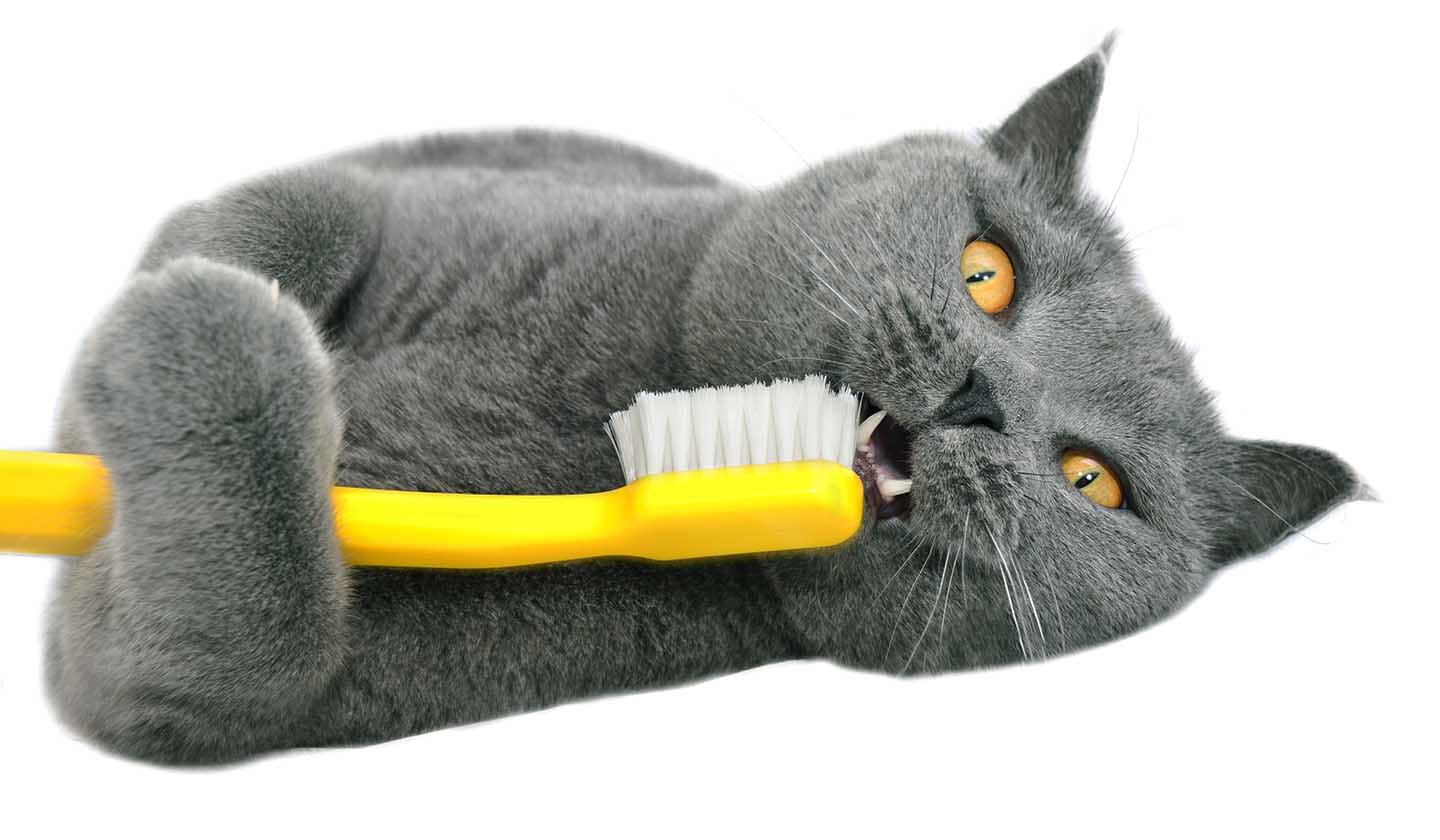
Teeth
Just like us, dogs and cats develop tartar and cavities, hence the importance of monitoring oral health:
- Brush your pet's teeth regularly;
- Use a specific toothpaste for your pet;
- Watch your pet’s food. The use of moist food requires extra care.
- Start your pet's oral hygiene in the first months of life. Make your pet get used to it from an early age, rubbing teeth and gums with a suitable accessory (gauze, finger stall, brush). If cooperation is difficult, attach a reward to this procedure, such as a stroke or a treat.
Sources
iSaúde
Farmácia Distribuição Magazine
Também lhe poderá interessar
Veterinary
Learn about your pet's habits
Veterinary
